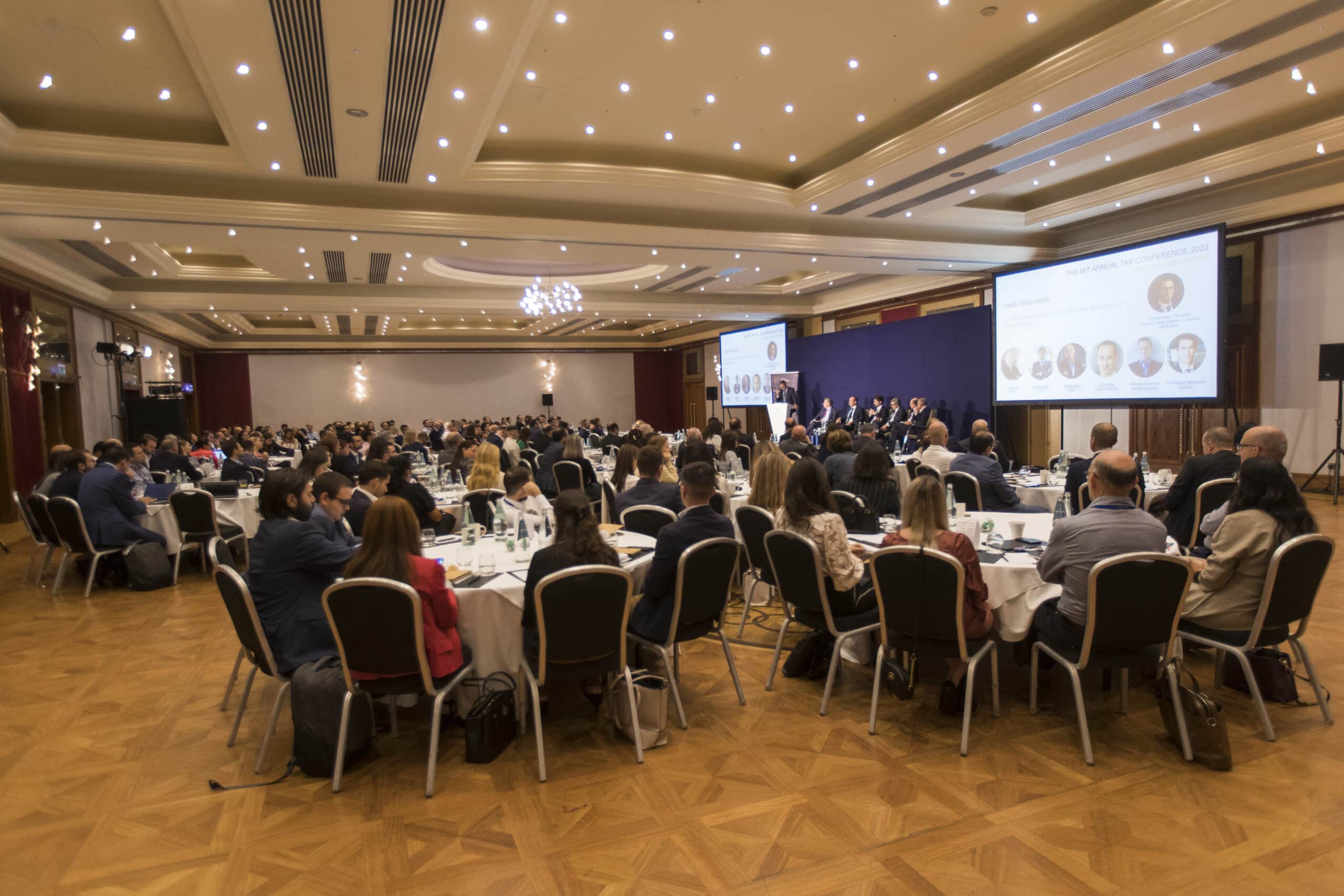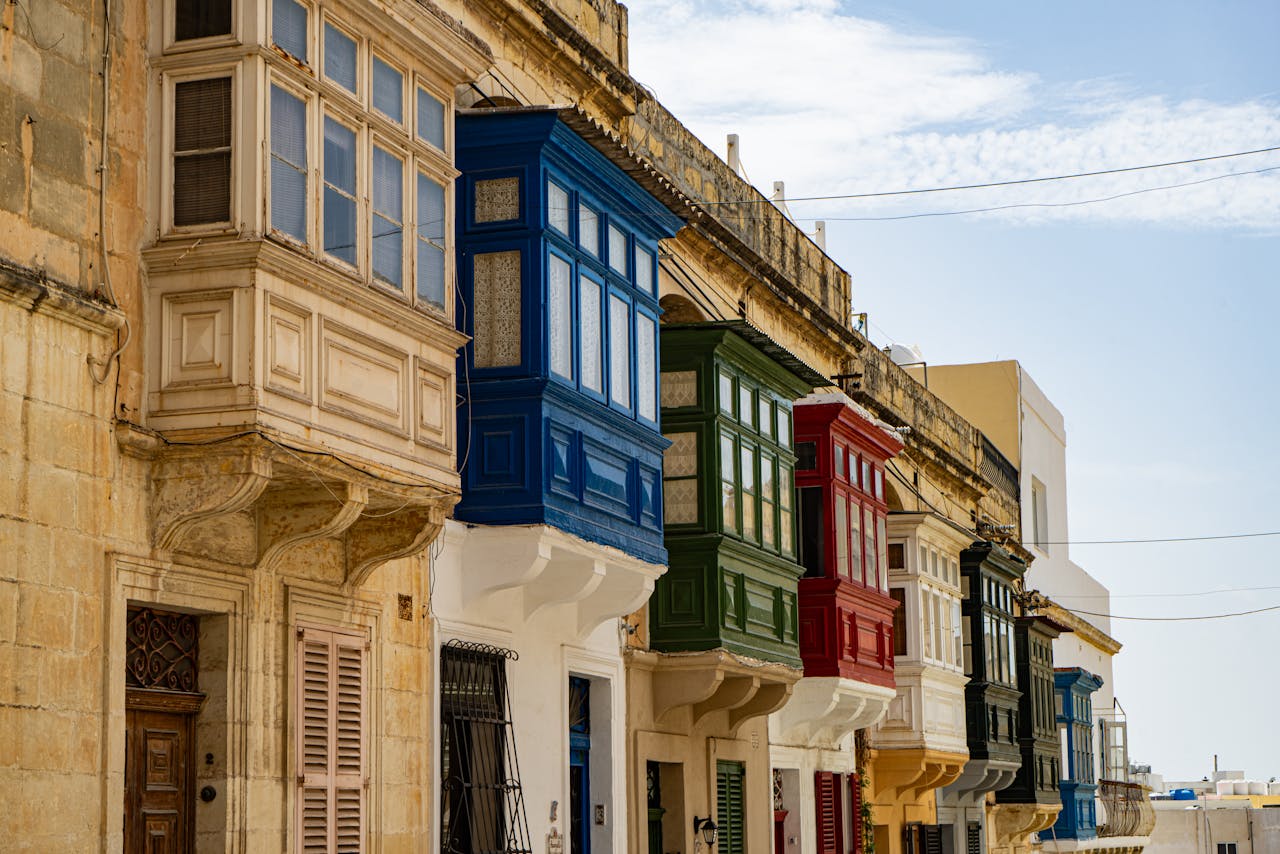It has been exactly a year since Russia started its illegal full-scale invasion of Ukraine on 24th February 2022. The ripple effects of the war rattled the battered global economic system amid the COVID-19 pandemic. As an active actor in the global economy, and a member of the European Union, Malta’s domestic fortunes did not go unscathed.
Within a week of the invasion, Malta suspended the sale of ‘golden passports’ to Russian and Belarussian citizens on 2nd March 2022, after growing internal and external pressure on the Government to take action, to prevent oligarchs from those countries buy their way into Europe.
Trade between Malta and the two countries at war hit all-time lows since the war broke out for different reasons.
The European Union has thus far introduced nine sanction packages against Russia, targeting its industries, financial services, and individuals of importance. However, it has not stopped there, and member states are already in discussion with the European Commission to introduce a tenth package.
Meanwhile, trade with Ukraine was harmed due to their facilities which enable international trade being either blockaded or in ruins. When the war broke out, the Russian military effectively embargoed Ukraine and prevented it from exporting through its ports.
This led to a food supply crisis, leading to skyrocketing grain prices across the world. Reportedly, Ukraine was feeding 400 million people a year in peacetime and suddenly their exports were frozen.
To mitigate the impact of skyrocketing grain prices, the Maltese Government launched a subsidy scheme to guarantee food security, and the European Union introduced solidarity lanes, allowing Ukraine to export its grain through EU-based ports.
Eventually, Ukraine and Russia signed the Black Sea Grain Initiative on 22nd July 2023, a UN-backed deal to enable grain exports from Ukrainian ports, which led to a significant drop in the international price of wheat.
The EU also introduced measures to facilitate trade between the EU and Ukraine, by suspending import duties and quotas on Ukrainian exports into the trade bloc through an initiative called the Autonomous Trade Measures. Discussions are currently underway to extend the initiative for another year.
While Ukraine was a massive global source of grain, Europe was highly dependent on energy from Russia, namely oil and natural gas. As the EU took steps to limit Russia’s economic power through sanctions and discussions of price caps on the country’s energy, Russia started closing the taps.
Oil and natural gas prices reached unprecedented heights. Natural gas escalated from below €100 per megawatt-hour (MWh), to just over €340/MWh by August 2022, however, it has since declined to pre-war levels.
The EU has since introduced a soft price cap on natural gas at €180/MWh, and a $60 (€56.6) cap on oil barrel prices. in a bid to limit Russia’s price manipulation and profits which inevitably finance the country’s military.
Shocks to the energy market in Malta were limited through the Government’s extensive energy subsidy scheme that froze prices for households at the expense of public funds, accounting for 10 per cent of the national expenditure for 2023.
The war in Ukraine does not yet seem to be ending anytime soon yet, unfortunately. If it was to end, trade would expectedly be easier with Ukraine due to its candidacy for the European Union and increased interconnectedness with the single market.
Despite Russia being a source of immense quantities of raw material and fossil fuel supplies, Western economies have effectively divested and adapted to be far less dependable on Russia. With its international reputation in tatters, it’s difficult to say if and when economic relations can ever normalise with the country unless there is a radical change.
Why Malta’s deferral of the OECD minimum tax could prove a long-term advantage
Malta has postponed the application of the new rules targeting large multinational companies to 2030
From Telco to TechCo: Inside Melita’s AI-powered future
With the launch of AI Solutions, the traditional Telco is boldly transforming into an innovative, technology-driven TechCo
Planning Authority launches €30 million restoration scheme
Owners of heritage properties or ones with traditional façades located in Urban Conservation Areas are eligible






